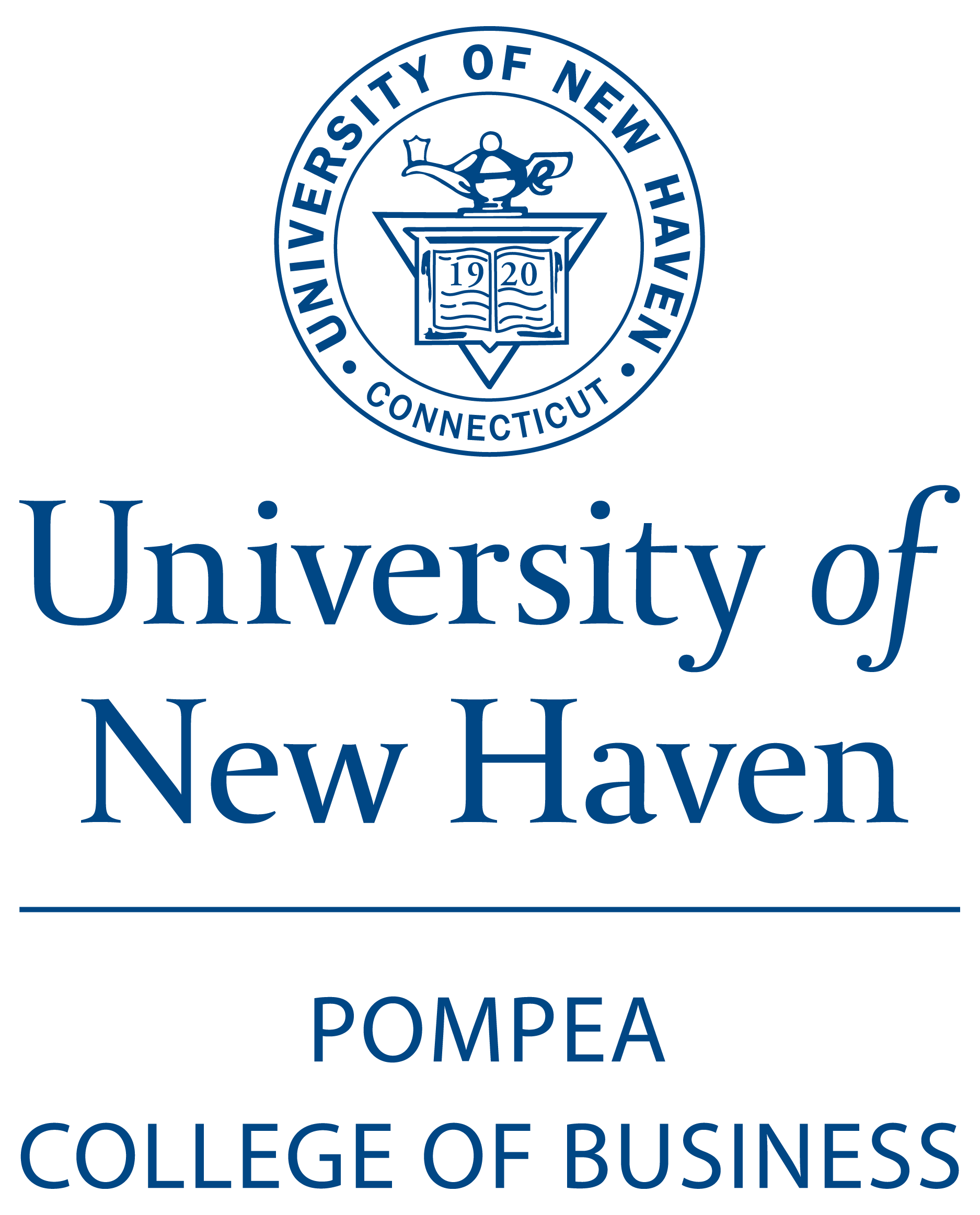Abstract
In this empirical study, I develop theorizing on the conditions under which employees’ informal, competence-based power in strategically core roles enhances organizational performance. I propose that in contexts characterized by high task specialization and interdependence, employees with high informal power positively influence performance through higher motivation and improved coordination. However, this effect is weaker when managers also hold high informal power or emphasize hierarchical structures, as these factors create power conflicts that undermine employees’ informal influence. Conversely, the positive effect is stronger when employees receive negative performance feedback, which they perceive as a challenge to their competence, leading to stronger association between employee informal power and performance. Empirical analyses provide strong support for these propositions, showing that employees’ informal power in strategically core roles can be a key driver of performance improvements, but only under specific organizational conditions.
Creative Commons License

This work is licensed under a Creative Commons Attribution-NonCommercial 4.0 International License
Recommended Citation
Roman, Alexandru
(2025)
"Leave Them to Their Own Devices: When Employee Informal Power in Strategically Core Roles Enhances Organizational Performance,"
American Business Review: Vol. 28:
No.
2, Article 6.
DOI: 10.37625/abr.28.2.455-480
Available at:
https://digitalcommons.newhaven.edu/americanbusinessreview/vol28/iss2/6
DOI
10.37625/abr.28.2.455-480



